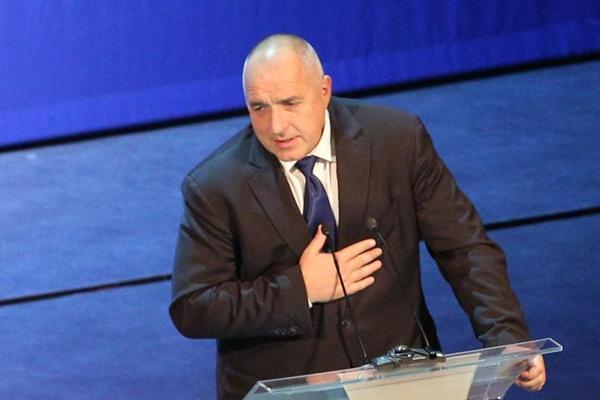Bulgaria targets better Turkey ties in EU presidency
SOFIA


Bulgaria said Jan. 12 it wants to use its European Union presidency to improve the bloc’s relations with Turkey “without hiding the problems.”
Bulgaria, which assumed the six-month rotating presidency on Jan. 1, stressed the need to preserve the EU’s deal with Ankara to curb record flows of asylum seekers, some of whom cross the Turkish-Bulgarian border.
“We believe Turkey is an important partner of Europe on many issues like refugees, terrorism, economy, energy. We should try to improve the relationship with them without hiding the problems,” Bulgarian Foreign Minister Ekaterina Zaharieva said on Jan. 12, according to Agence France-Presse.
“It is better to talk honestly – [whether it is] realistic for Turkey to be a member of the EU or if it is not, what kind of relationship we should have with them.”
The European Union has voiced serious concerns about human rights abuses in Turkey particularly after the July 15, 2016 failed coup attempt.
Ankara’s relations with Germany have hit a particularly low ebb, with Turkish President Recep Tayyip Erdoğan notably accusing Chancellor Angela Merkel of “Nazi practices” for refusing to let his ministers campaign in Germany.
French President Emmanuel Macron suggested after talks with Erdoğan last week that Turkey should abandon its hopes of joining the EU because “recent developments and choices allow no chance for progress.”
But Turkey remains an important player for the EU, not least for the March 2016 deal it struck with Brussels to help stem the flow of migrants into the bloc.
European Commission chief Jean-Claude Juncker repeated the bloc’s position that with the crackdown Turkey was “moving away from its European ambitions.”
“We are going to have to see now what kind of progress Turkey makes in the coming months but there will not be any progress while there are journalists in Turkish jails,” Juncker said at a news conference in Sofia.
Bulgarian Prime Minister Boyko Borisov, whose country has a 260-kilometer border with Turkey and is home to a 700,000-strong Turkish minority, stressed the importance of the migrant deal.
But he said Europe would insist on Turkey respecting the rule of law and media freedoms.
“I truly hope the Turkish government will rethink its treatment of journalists because this would make our future relations easier,” Borisov said.
Turkey’s deputy prime minister on Jan. 12 condemned a top court ruling that two veteran writers arrested in the wake of the failed coup should be freed as their rights had been violated.
